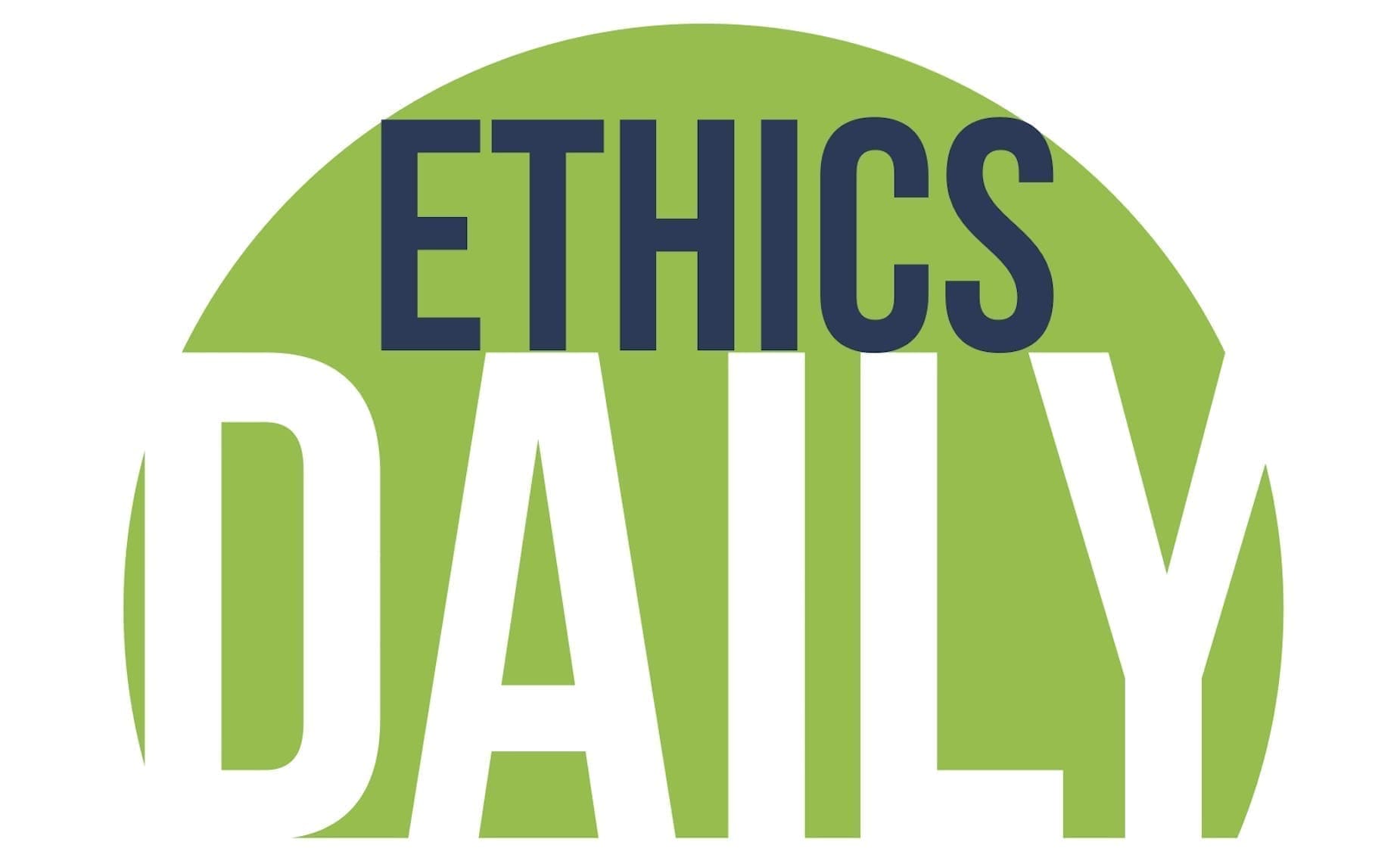Southern Sudan’s weeklong referendum of self-determination that began Jan. 9 finds long lines of voters in southern Sudan and no lines in the nation’s capital of Khartoum, reported Voice of America.
The New York Times reported that “voters continued flooding the polls” and that “more than 40 people had been killed over the weekend in intense skirmishes in a contested area along Sudan’s north-south border.”
CNN said, “Clashes have happened for four days between members of the Ngok Dinka ethnic group, which tend to have more in common with the south, and the Misseriya, a nomadic Arabic tribe that comes in and out of the Abyei region and whose sympathies would most likely tilt toward the northern government.”
The referendum will decide whether southern Sudanese remain part of the national government or pursue a course of independence.
Jimmy Carter, who is monitoring the referendum in Sudan, told CNN that “there is a great deal of excitement, relief, enthusiasm, patience in the long voting lines.”
Carter said that if southern Sudanese decide to form a separate government, that “there is a potential failed state, but I don’t think it is going to fail. In fact, south Sudan, contrary to most new states, is blessed with a fairly dependable income. About 98 percent of their total income now for the government is derived from oil revenue.”
The former U.S. president said that “the main issue is peace between the northern part of Sudan and southern Sudan.”
Elijah Brown, assistant professor of missions at East Texas Baptist University, told EthicsDaily.com that southern Sudanese leaders faced challenges regardless of the outcome of the referendum.
Brown, whose dissertation examined the role of the southern Sudanese church on the road to peace, has spoken about Sudan at recent Baptist World Alliance gatherings.
Brown identified: (1) “the increasing pace of repatriating southern Sudanese returning from displacement and refugees camps;” (2) the development of “widespread infrastructure and government mechanism” in “one of the most undeveloped regions anywhere in the world;” (3) the mediation of “ongoing ethnic hostilities among southerners themselves;” and (4) the expectations of “a people demanding the quick establishment of peace dividends such as health care and education.”
He expressed concern that southern Sudanese in the north would “likely face ongoing discrimination and forced marginalization.”
He also underscored the need to rebuild Gideon Theological College, the primary Baptist training ground in Sudan, after the Sudanese government used the school as a military base and prison during the war.
Laura Seay, assistant professor of political science at Morehouse College in Atlanta, wrote on her blog that the “outcome of the referendum is a foregone conclusion; there’s no question that the vast majority of Southern Sudanese will vote to go.”
Seay’s blog posts often appear on EthicsDaily.com. She wrote her doctoral dissertation on the Democratic Republic of Congo, which borders southern Sudan.
“My real worry for this situation is not that war will break out between north and south – even over Abyei, which I think will eventually be allowed to vote on its own status – but rather that tensions within the South will be played out in the context of an extremely fragile state. Southern Sudan will immediately become one of the world’s poorest, weakest states – albeit one with oil – with a plethora of ethnic groups who don’t see eye-to-eye on everything. That’s rarely a recipe for stability,” she blogged.
Blogging in Sudan was Robin Denney, an agricultural missionary with the Episcopal Church.
“Thousands of people were already lined up at every polling station around Juba when the voting opened… Throughout the day long lines persisted, as people cast their votes. Despite the crowds and long waits, the people were patient and joyful,” she wrote on Jan. 9 from Juba, the capital of the southern Sudanese state located on the White Nile River.
Denney wrote, “The Catholic and Episcopal archbishops went together to vote, with a delegation of observers including Muslim and Christian leaders from different parts of Africa. They arrived to great applause by the people waiting in line at the polling station.”
Sky News Online reported that since “only 15 percent of southern Sudan’s 8.7 million people can read, the ballot choices were simple: a drawing of a single hand marked ‘separation’ and another of clasped hands marked ‘unity.'”

